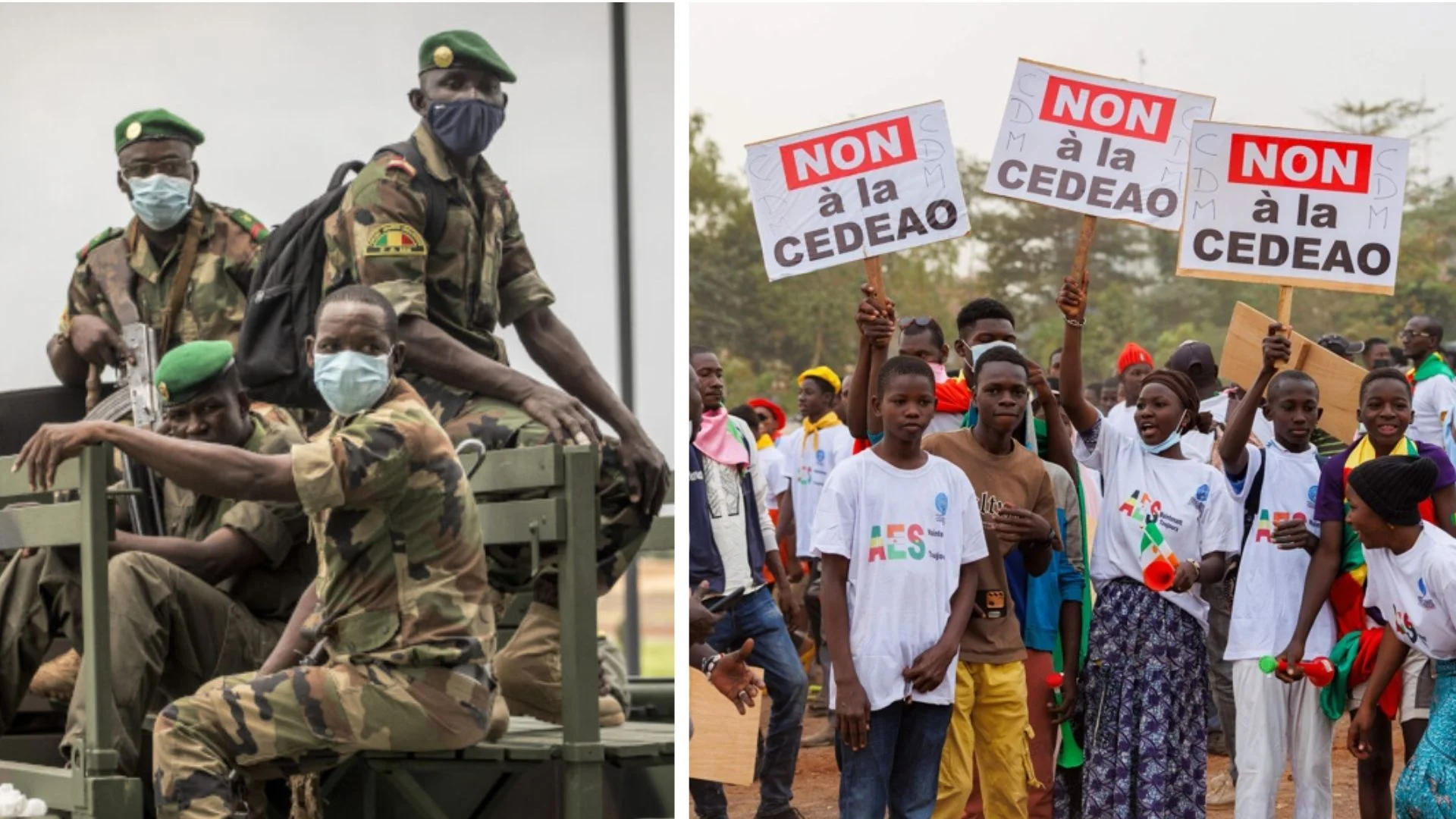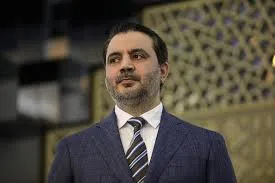Four years after the military ousted Mali’s then-president and took control, many residents report worsening economic conditions and frequent power outages that are severely impacting businesses.
The August 2020 coup, which toppled the government of the West African nation, was fueled by widespread public dissatisfaction with corrupt leaders backed by former colonial power France, a growing jihadist insurgency, and mounting economic difficulties. Despite the change in leadership, many Malians are still waiting for improvements in their daily lives.
Economic Struggles and Power Cuts
Oumar Diarra, a furniture maker, expressed frustration over the ongoing power cuts, saying they have caused significant financial losses for many Malians. “The way they’ve handled the electricity situation is a problem. The government has to make an effort because we are suffering enormously,” Diarra told Reuters.
The power outages have not only disrupted businesses but have also taken a toll on households across the country. Allasana Ag Agaly, a silversmith, highlighted the broader impact, noting that when the head of a household cannot work due to power cuts, it affects the entire family.
Postponed Elections and Rising Poverty
The military rulers, who solidified their power with a second coup in 2021, have postponed elections that were initially scheduled for February, citing technical issues. This delay has added to the uncertainty and frustration among the population.
Economic growth in Mali is expected to slow to 3.1% this year, down from 3.5% last year, according to the World Bank. The extreme poverty rate is also on the rise, with about 90% of the population living in poverty.
Shifting Alliances and Hope for the Future
In addition to domestic challenges, Mali’s military government, along with those in neighboring Burkina Faso and Niger, has expelled French and U.N. troops that had been battling Islamist insurgents for a decade. Instead, these nations have sought assistance from Russia.
Despite the hardships, some residents remain hopeful. Alkady Haidara, a resident of the capital Bamako, views the current difficulties as a necessary step toward greater independence from France. “Political independence without economic independence is meaningless,” Haidara said, urging fellow Malians to remain patient during these trying times.










